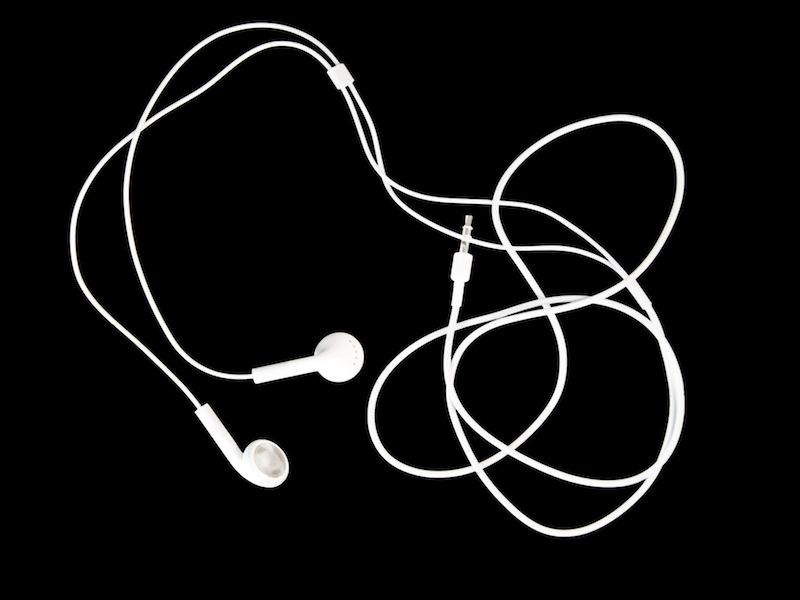
If you haven’t had your hearing tested since your grade school days, you’re not by yourself. Unfortunately, we have a habit of treating hearing loss reactively rather than proactively, and a regular adult physical normally doesn’t include a hearing test. In fact, even when they realize they have loss of hearing, the majority of people ignore it for as many as seven years which can seriously impact your health. In fact, untreated hearing loss has been proven to raise your healthcare costs over the years.
The good news, hearing tests are simple, pain-free, and give a wide range of information for our professionals to assist you, both for diagnosing hearing problems and assessing whether interventions such as hearing aids are working. A full audiometry test is more involved than what you might remember from childhood and you won’t get a lollipop or a sticker when it’s done but you’ll gain a far clearer understanding of your hearing.
It’s important that you routinely have your hearing tested even though you may not typically give your hearing as much attention as your teeth or eyes. You may not detect an issue with your hearing for a long time. Hearing loss often occurs slowly, and the sooner you detect an issue with your hearing, the sooner you might be able to fix it.
When Should You Get Examined?
Usually the hospital will test newborns for hearing loss before they send them home. The American Academy of Pediatrics suggests that children have formal hearing screenings when they are 4, 5, 6, 8 and 10 years old and that teenagers should have hearing tests during wellness appointments with their doctors.
If you are between the ages of 18 to 45, it is recommended that you get your hearing checked every five years and then more often as you age. You should get checked every three years if you are between 46 and 60 years old and then every two years after you turn 60. But don’t let that to stop you. Your specific situation will dictate when you need to get a test. If you notice your hearing isn’t what it once was, you should have it tested immediately. Neglected hearing loss has been associated with mental decline, depression and increased risk of falling and other health problems. It can also affect your relationships and your ability to work efficiently.
And you need to get a hearing test, in some situations, as soon as you can if you have hearing loss that is getting quickly worse. An immediate hearing test is advisable if:
- There is earwax buildup or you had an ear infection
- Conversations are difficult to hear when you are in a crowded area especially
- You find yourself having to constantly ask people to repeat themselves
- You are experiencing vertigo
- Pinpointing where sounds are coming from is difficult
- You are experiencing a constant ringing in your ears
Another factor is whether you are at a greater risk for hearing loss. As an example, if hearing loss runs in your family or you are subjected to loud noises regularly you should have your hearing checked more regularly.
Also, over 200 ototoxic medications exist. From Aspirin to some antibiotics, these medications can be very bad for your hearing. In order to make certain none of your medications are impacting your ears, consult your doctor. Think about getting your hearing tested more often in order to address any hearing loss immediately if you are using any ototoxic medications.
Also, take into consideration how your habits may be affecting your hearing loss. Constantly using your earbuds? Hearing loss has significantly increased in younger people, and many experts believe that this is because of the use of headphones and earbuds. Your ears can also be substantially damaged by loud concerts, shows, and machinery. Schedule your hearing exam today if it’s time for you to get your hearing examined.